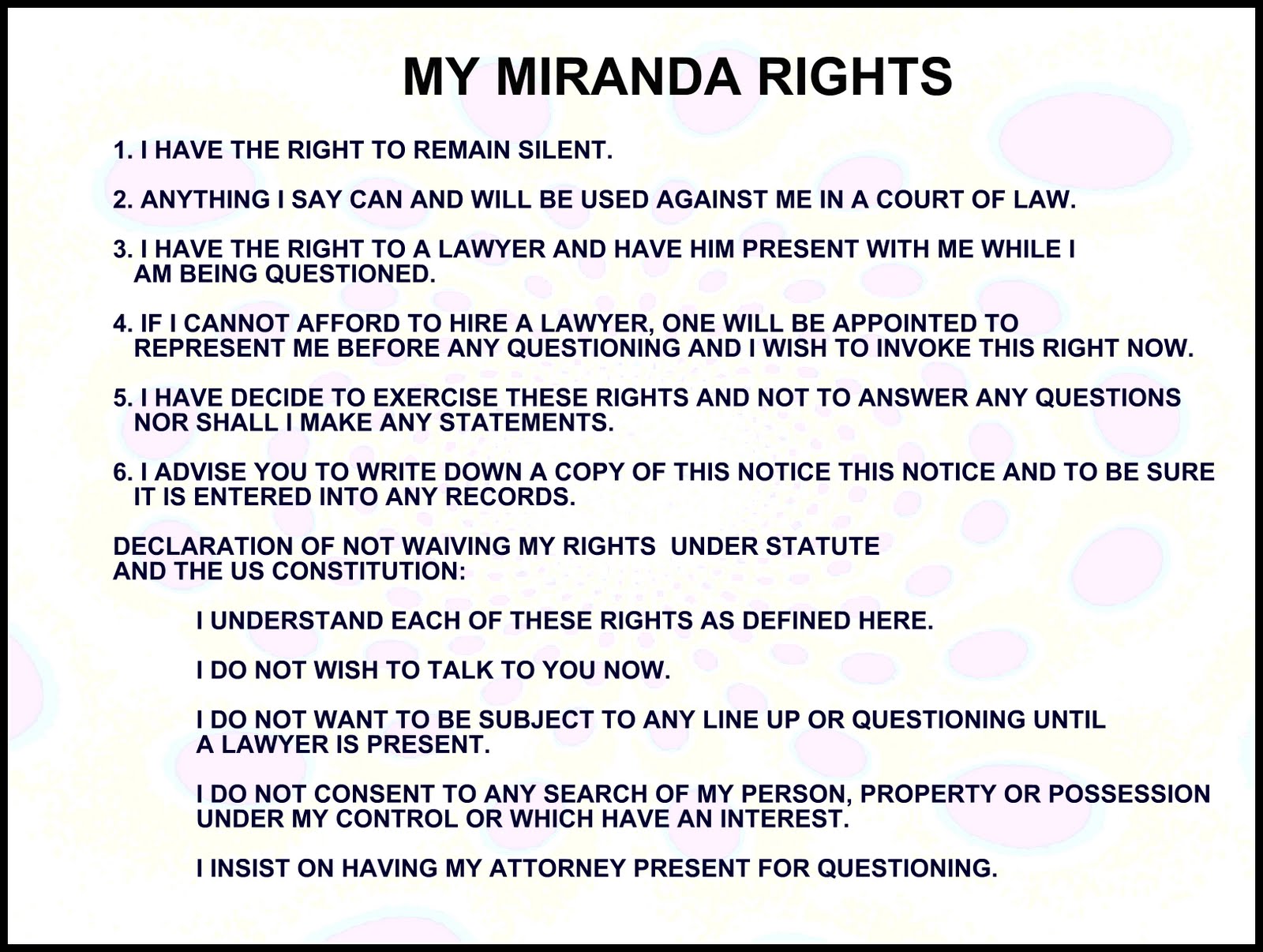What does it mean to provide cooperation, snitch or be an informant for the police?
Cooperation, using the little fish to get the big fish, is a major law enforcement tactic utilized everywhere and every day in the United States to gain information that would otherwise be next to impossible to obtain. This practice is also used extensively in the County of Macomb as a means to frustrate illegal drug activity. An offer to cooperate can arise during a criminal investigation or following an arrest or at any stage of a criminal case.
The concept of “cooperation” with the police (also called “snitching” or “acting as an informant”) occurs when the police utilize an individual to obtain information that would otherwise be difficult to discover. Those asked to provide cooperation are usually in trouble with the law (busted for a drug crime) and are promised consideration in the legal system in return for providing assistance. Assistance is expected to be substantial and typically involves undercover work with narcotics agents or special units. The informant is rarely advised of his or her rights and other options. The informant may later be required to testify as a witness in subsequent court proceedings unless given protection as a confidential informant (CI).
The use of informants by the government has existed for more than a 1,000 years and remains widely used today by the government and the police to:
- Make other busts, raids, seizures,
- Support an arrest or search warrant
- Bolster connections to infiltrate criminal enterprise(s),
- Flush out targets or bigger fish, and,
- Make progress in an investigation that is stuck in the mud.
Getting into Something that is Over Your Head
As we explain in this publication, cooperation or snitching, is a tool used by law enforcement officers to combat criminal activity and is most often associated with drug crimes. Cooperation with the police is seldom ever considered because drug crimes, especially for first offenders, can be resolved with excellent results in most cases without working with the police. In addition, you need the advice of an attorney to explain your legal rights and all of the possible risks associated with cooperation, including the following:
- Your safety is not assured
- Your assistance may be declared insufficient by the police
- Criminal charges may still be pursued against you
- Cooperation ends when the police say it ends
- Cooperation may require engaging in bigger drug deals than justified under the circumstances to get a deal in the legal system
Cooperation (snitching) is usually arranged while the accused person is caught red handed while engaged in illegal activity or in police custody for a criminal offense. Unfortunately, the police may use these scenarios as opportunities to take advantage of the situation by threatening prosecution or by persuading the party with incentives to cooperate that include: immediate release from jail and consideration to get all criminal charges dropped. Upon being released from jail, the unwary person will be instructed to contact an undercover officer for further instructions and discouraged from contacting a criminal defense lawyer. An individual that immediately chooses this route is placing his or her trust with the same law enforcement officers that will be testifying for the prosecution should criminal charges later be pursued.
What the Police Won’t Tell You about Cooperation Can Hurt You
The police are not required to give legal advice or explain every other possible option when attempting to engage an individual to become an informant. The police will not tell you that your case can be worked out without cooperation or that an attorney can fight the case if it is based upon an illegal search. Here are just a few other legal rights that you forego when you agree to cooperate with the police:
- 4th Amendment Constitutional right to be free from unreasonable searches
- 5th Amendment Constitutional right to remain silent
- 6th Amendment Constitutional right to an attorney
- Your right to assert legal defenses to the alleged criminal charges (mere presence, lack of possession)
- Your right to get your drug crime anywhere in Michigan dismissed pursuant to MCL 333.7411 or HYTA
In addition to the above, the police won’t tell you that most drug crimes are manageable in the court system with the services of a criminal defense lawyer. Scare tactics are not uncommon as a means to harvest an informant who is lead to believe that there is no hope in the legal system without providing cooperation. In fact, the majority of offenders are not looking at jail, may be eligible to get a felony reduced to a misdemeanor and have other excellent options to get the charge(s) dismissed pursuant to MCL 333.7411 or HYTA without providing any cooperation whatsoever to the police!
Cooperation in the Federal Court System
Federal criminal prosecutions are handled in a much more formal manner. In the Federal court system, the issue of cooperation is much different than what we see at the state court level. In the Federal system, special formalities and agreements exist. They involve both the District Attorney and at least one law enforcement agency; usually the Federal Bureau of Investigation (FBI) or the Drug Enforcement Agency (DEA). In the Federal arena, cooperation is prevalent and can be a factor to avoid a mandatory minimum sentence. The following language is contained within a Federal Plea and Cooperation Agreement:
“If the defendant commits any crimes or if any of the defendant’s statements or testimony prove to be knowingly false, misleading, or materially incomplete, or if the defendant otherwise violates this Plea and Cooperation Agreement in any way, the government will no longer be bound by its representations to the defendant concerning the limits on criminal prosecution and sentencing as set forth herein.”
 Michigan Criminal Lawyer Blog
Michigan Criminal Lawyer Blog





![fbi-4-30-09[1].jpg](https://www.michigancriminallawyer-blog.com/files/2015/02/fbi-4-30-091.jpg) In the United States, there are crimes which may be prosecuted at the State level based upon violations of State laws. A Federal crime is one which involves a violation of a Federal law. Many criminal offenses may fall under the jurisdiction of both the State and Federal laws and either or both branches of government may prosecute. The doctrine of double jeopardy does not preclude both State and Federal prosecutions under the doctrine of dual sovereignty.
In the United States, there are crimes which may be prosecuted at the State level based upon violations of State laws. A Federal crime is one which involves a violation of a Federal law. Many criminal offenses may fall under the jurisdiction of both the State and Federal laws and either or both branches of government may prosecute. The doctrine of double jeopardy does not preclude both State and Federal prosecutions under the doctrine of dual sovereignty.